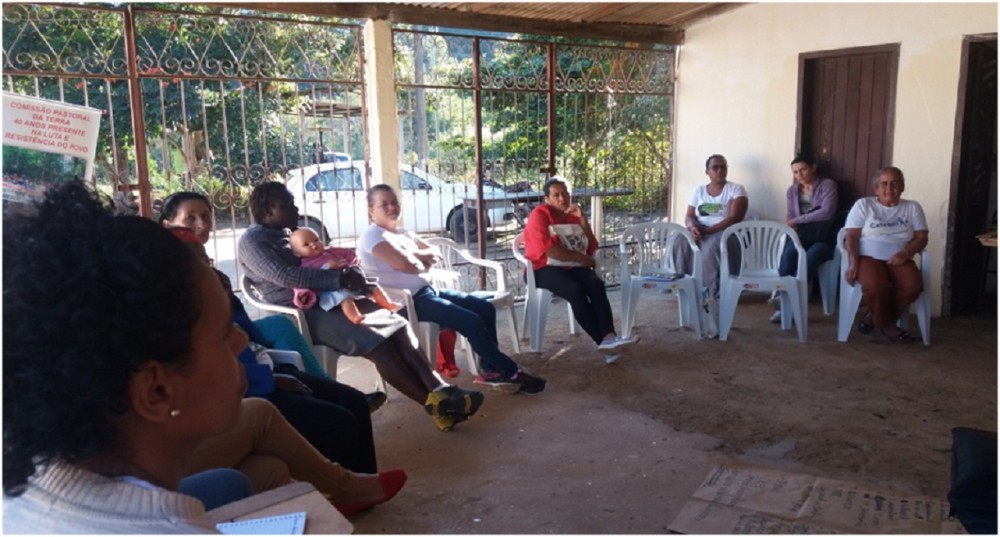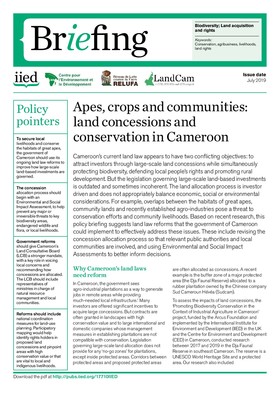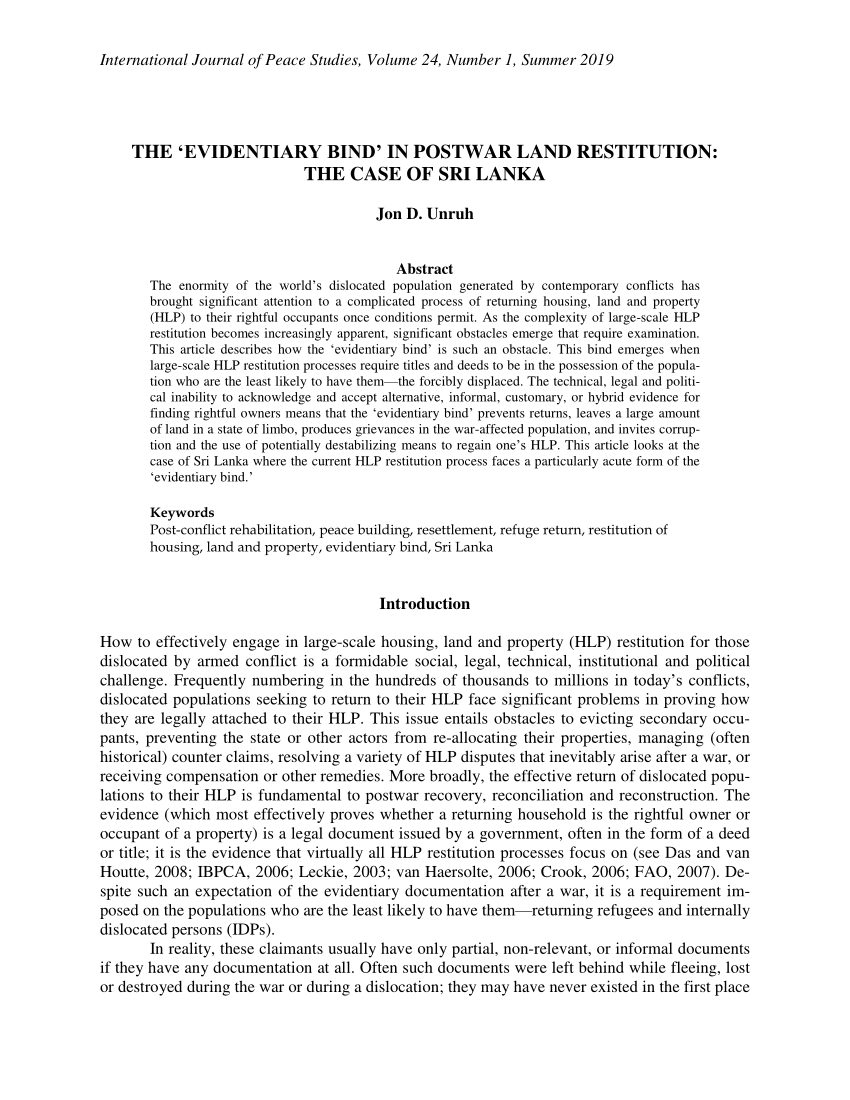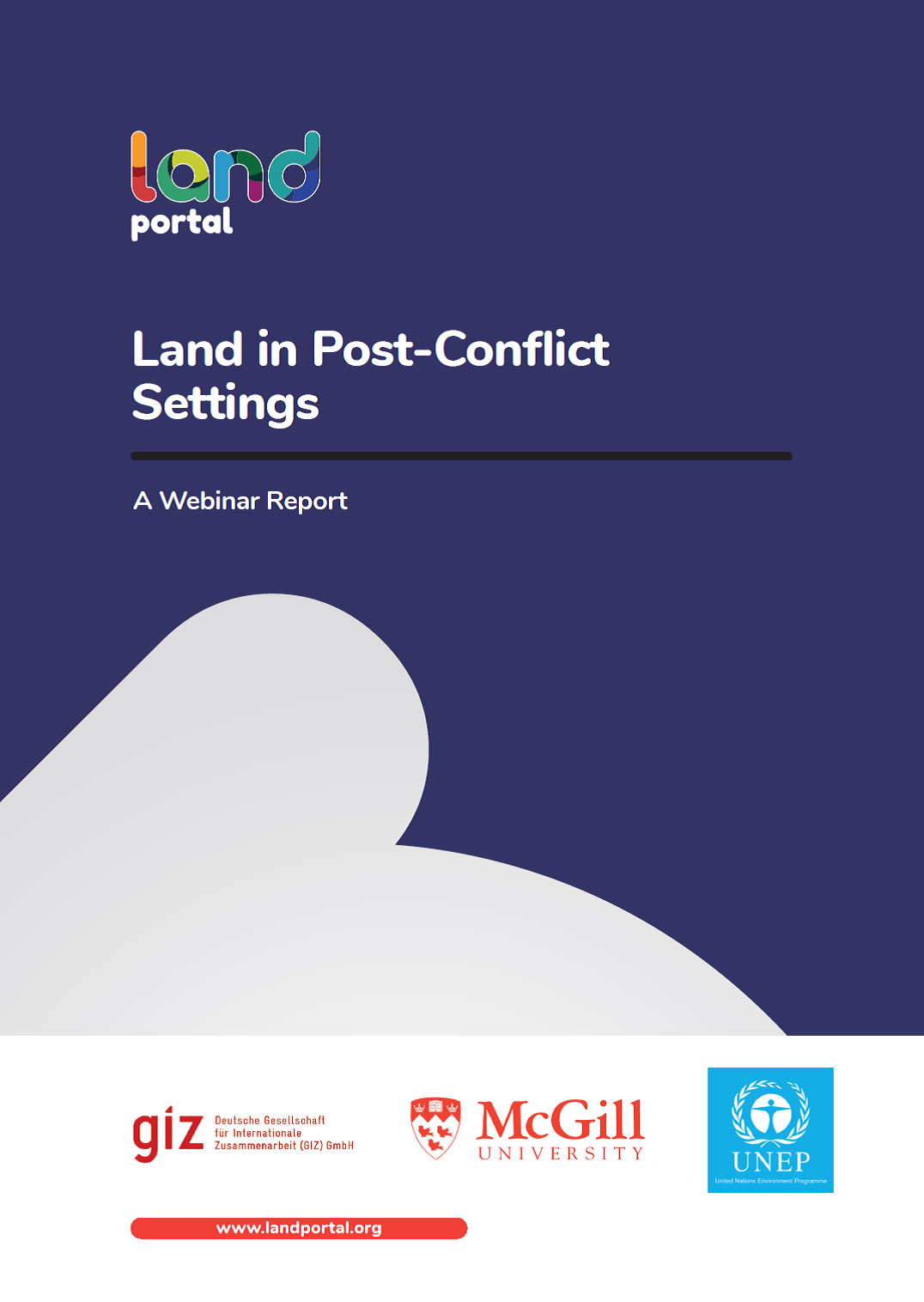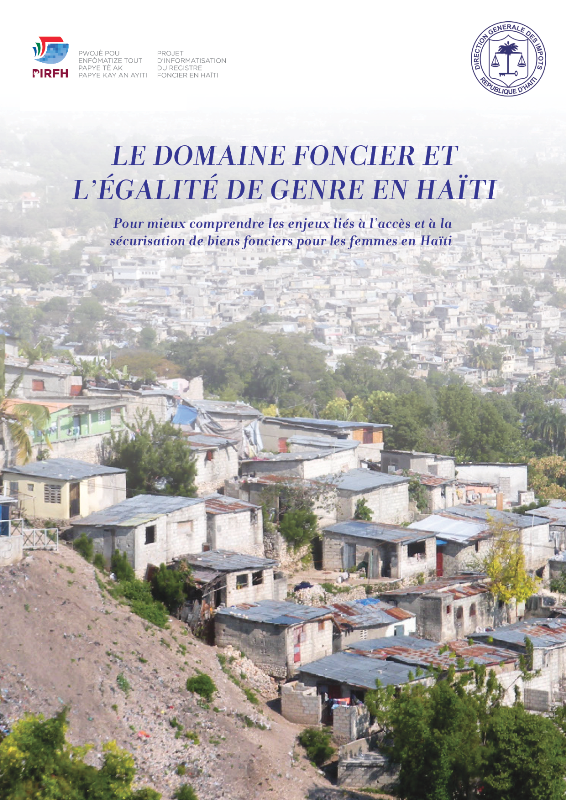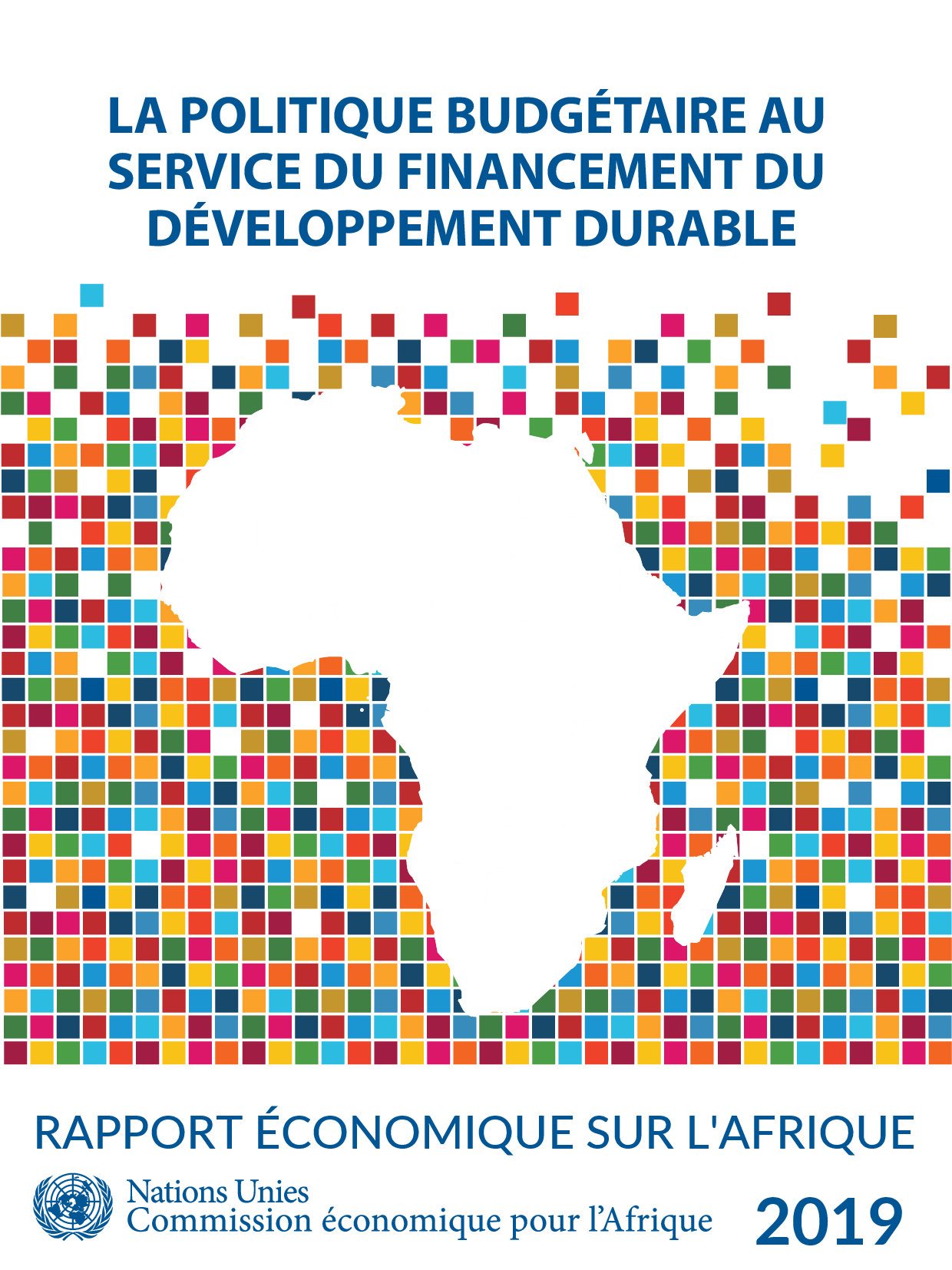Grupo de Mulheres Raízes da Terra - Assentamento Padre Jésus
O Grupo de Mulheres Raízes da Terra faz parte do Assentamento Padre Jésus, localizado na Zona Rural do município de Espera Feliz, na Zona da Mata de Minas Gerais, .O processo de aquisição das terras do assentamento iniciou-se em 2005 e a terra foi conquistada no ano de 2009, via Crédito Fundiário.

